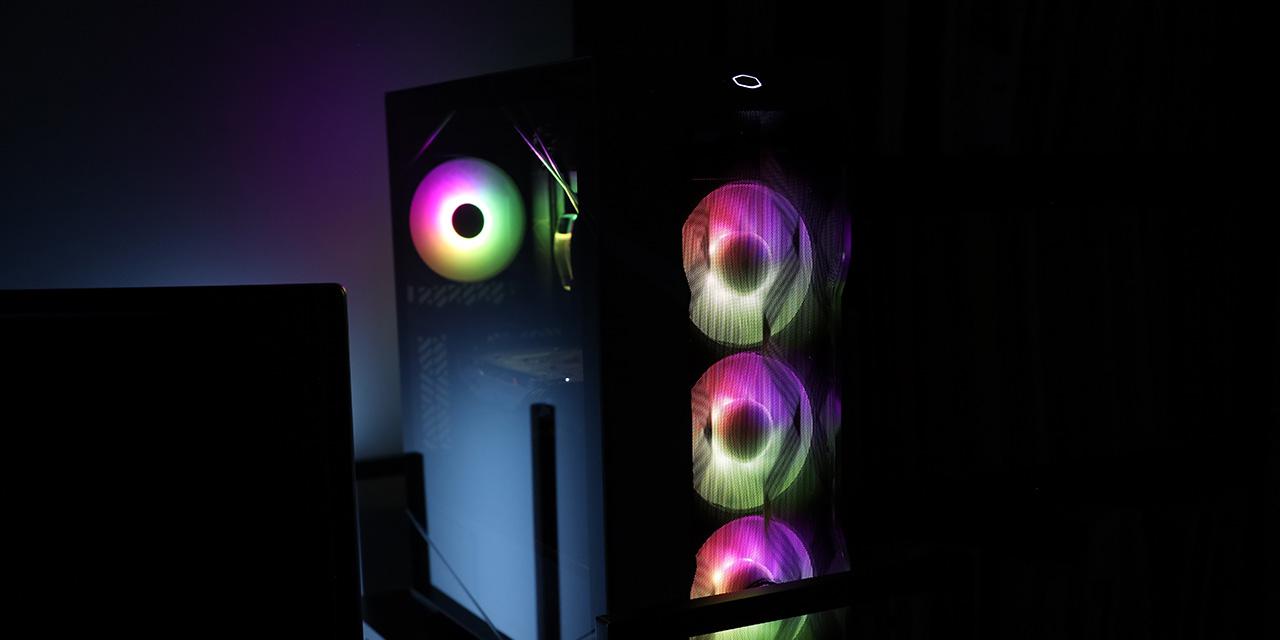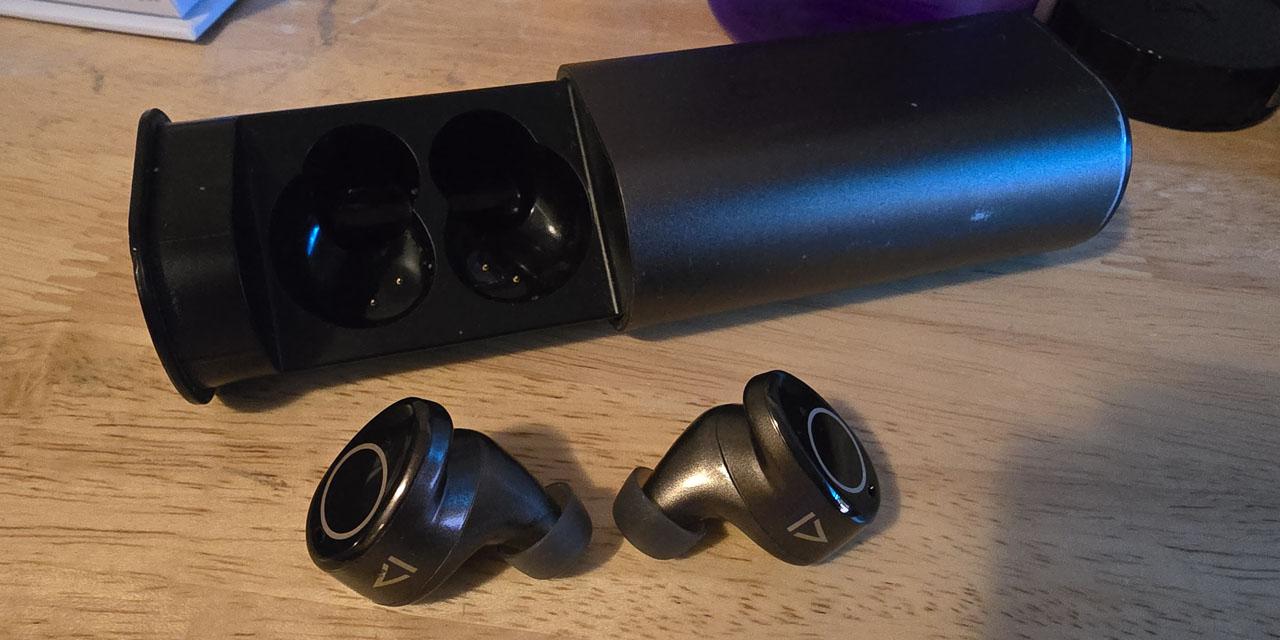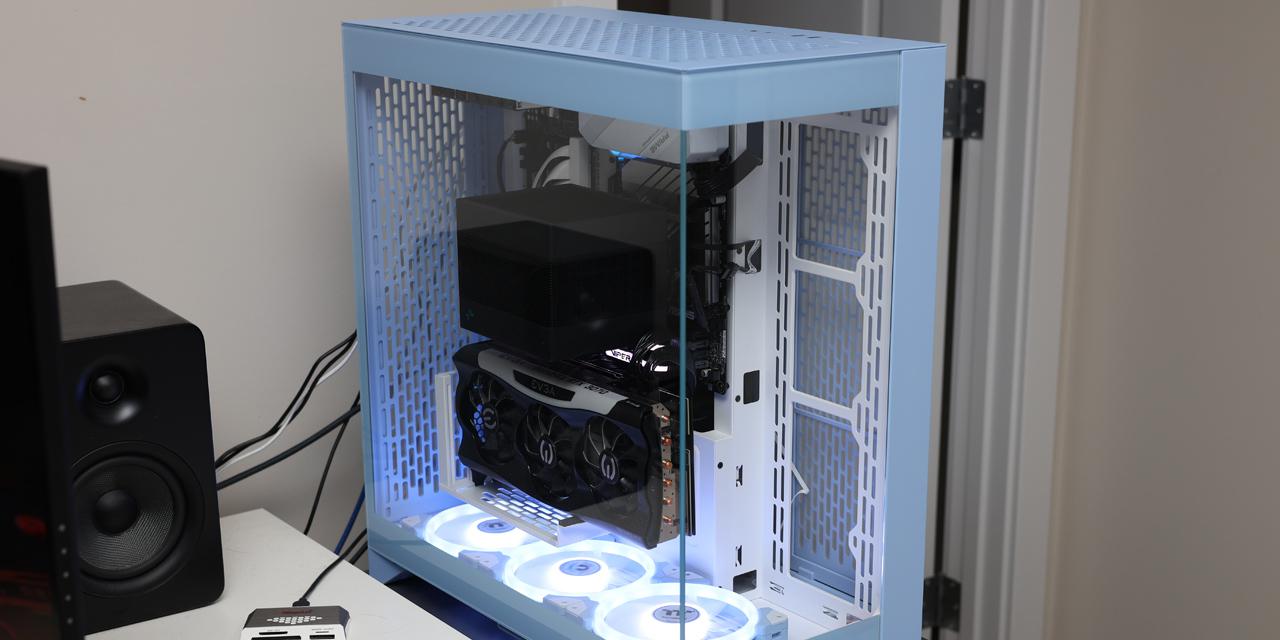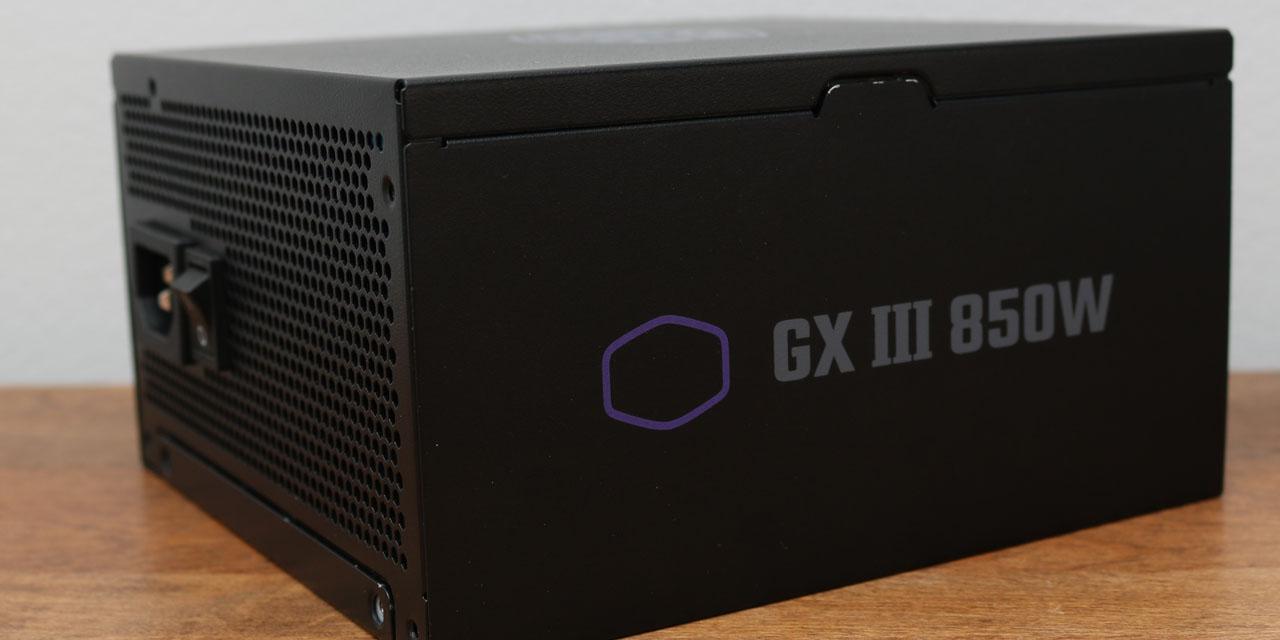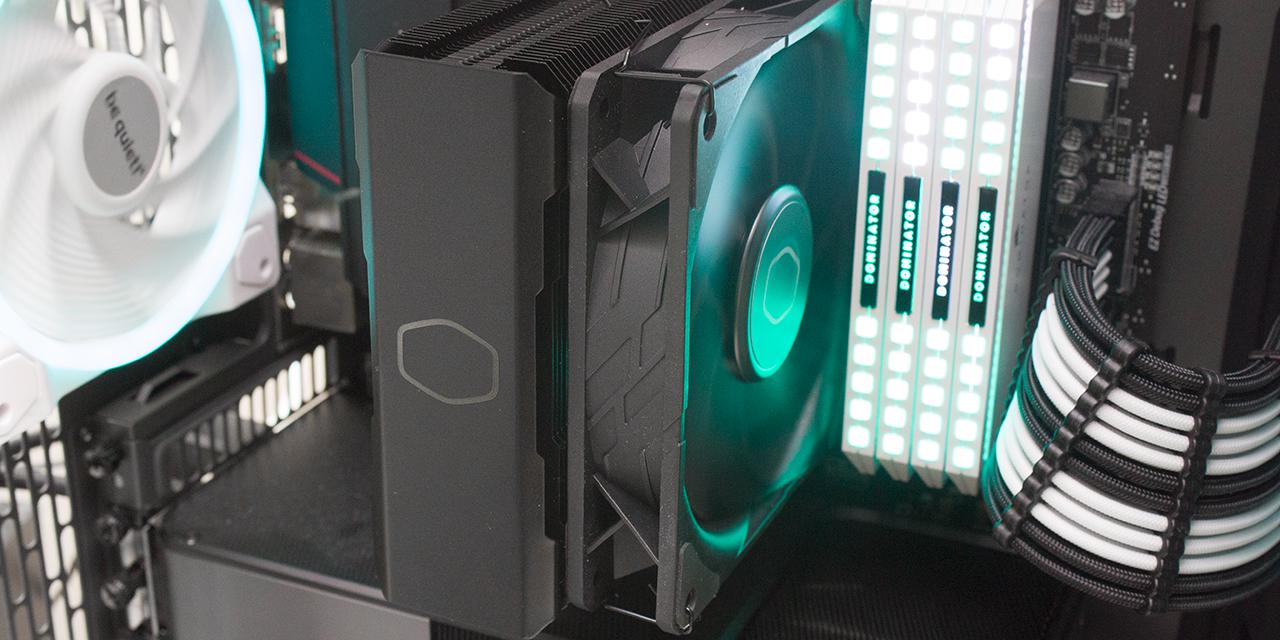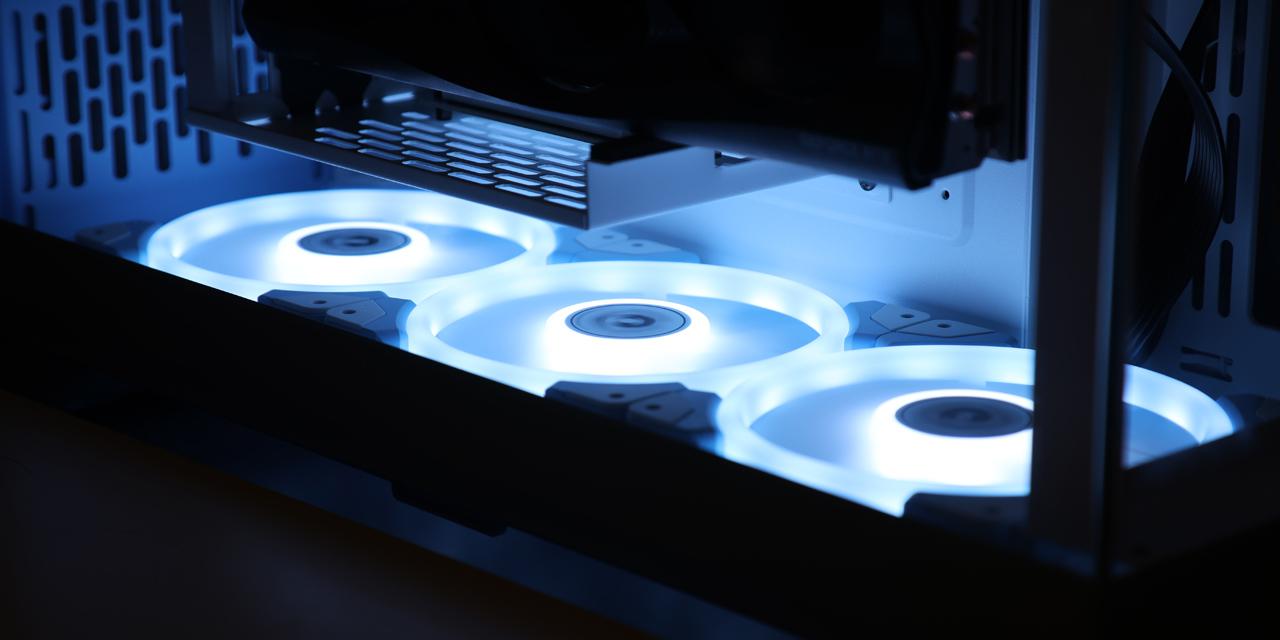Page 3 - Subjective Audio Analysis
This is not my actual test setup, but putting the Audioengine HD6 beside a MacBook Pro makes everything look classy.
Reviewing audio devices require extensively trained ears and lots of experience. Even for audiophiles, it may prove challenging at times to obtain an accurate evaluation of a product without a thoroughly familiar product to use as a simultaneous reference. While I am not going to even try to claim that I am the only trustworthy or best reviewer for sound, it is fact that most computer review sites have editors who are insufficiently trained in reviewing audio equipment. Give them practically anything and all you will read about goes along the line of "good bass, nice midrange, awesome treble, really clear sound, 10/10". While there are many knowledgeable audio reviewers at various respected online media outlets, they are by far the minority.
As I have mentioned in my past audio reviews, there are really no true objective measurements for speaker sound quality. As the reviewer, however, I will put it through a series of subjective tests to try to come up with the most objective rating possible (Yes, it is quite a paradox haha). On the wired, analog side, tests were conducted primarily with the Auzentech X-Fi HomeTheater HD sound card (Creative CA20K2 DSP/APU, National Semiconductor LME49720NA OpAmp, JRC NJM4580 signal buffers, Cirrus Logic CS4382A DAC, Nichon MUSE ES capacitors). For Bluetooth wireless and digital tests, I mainly used a HTC Google Nexus 9 for its aptX support. These are some of the best consumer sound equipment out there in the market today, and will reduce its potential to be a limiting factor in our auditioning.
After over 170 hours of break-in time -- well above typically required period -- we put the Audioengine HD6 to the tests. All tracks were uncompressed CDs, FLAC, or LAME encoded MP3s at 192kbps or higher.
In the most un-audiophile way possible, let me first start off with the power of these speakers. I am not the kind of guy who goes like, "These speakers are loud! They must be good!" but I am rather impressed by its ability to fill a medium sized room. But having the ability to fill a medium sized room is not the most impressive thing about the HD6. The ability to fill a medium sized room with quality sound is. And where do I start? The Audioengine HD6 is amazing. Amazing in pretty much every way possible. I do not think this should come at a surprise, considering the magic the company is known for based on our experience with their products in the past, but let me tell you exactly why.
There are many reasons why the Audioengine HD6 is amazing. Without first going through the "big three" -- bass, midrange, and treble -- I will have to start with soundstaging. Soundstaging is contributed by many factors, from the treble performance to the amount of air its woofer moves, but whatever the factors are, the final result is mind bogglingly good. You know something is outstanding when it does not take an audiophile to identify it, and even amateurs can tell within the first ten seconds. When I let a few people try out the HD6, they told me it sounded like they were totally immersed in the music, because they felt like it had depth and perception like nothing else they have heard -- and I was only using my MacBook Pro as the audio source during those demonstrations. Indeed, its soundstaging is super wide. These speakers sound way bigger than they physically are. You do not even need to close your eyes to perceive the incredible depth and direction the Audioengine HD6 produces. Needless to say, I am impressed.
Moving on to the "big three", let me first clarify on some expectations. The fact is, even though you can reliably move quite a bit of air with its 5.5" Kevlar woven glass aramid composite woofers with rubber surrounds in die cast aluminum woofer baskets, the Audioengine HD6 is not a subwoofer. If you want to completely fill the low end, you will need big drivers to move lots of air. There is no way around physics. That said, I did a frequency sweep on these speakers, and there is almost flat response down to 50Hz -- exactly what its specifications suggest. It drops off quickly past this point, but you can still hear things reasonably clearly down to 30Hz. I do not believe it is unreasonable to expect owners of the HD6 to buy their own subwoofer, which is exactly what I have done. A low pass filter set at around 60Hz is probably a good idea, and there are many great high quality subwoofers in the market that will go well Audioengine's flagship speakers.
When it comes to the bass, as I have just said, there is no way around physics, and I am very happy with the way Audioengine's engineers tuned the HD6. Sometimes, for speaker manufacturers to try to hide limitations of their design, they will overdrive certain frequencies, resulting in disastrous effects. Audioengine did not attempt make those 5.5" woofers work harder than it should at low frequencies, which is excellent. Going as low as 50Hz, during my frequency sweep, I actually had to check if I turned my subwoofer off, because it was surprisingly good into the mid-bass. For the amount of bass you do get, it is solid smooth, defined, round and fairly articulate. It is neither deep nor punchy, so in order to fill your room, you will definitely want a subwoofer. $500 will get you something pretty amazing nowadays, and since you are paying $750 for these speakers anyway, what is another $500 to burn? That said, if you are not big into bass, you can probably get away without a subwoofer.
The Audioengine HD6 continues to shines through in its midrange and treble performance, which is what they are really designed to do. As far as the midrange is concerned, I do not know a term better than what I frequently see in the tomato sauce section of my local supermarket, and that is, "thick and rich" -- just like the A2+, except better. The entire presentation is very natural and warm; perfectly saturated throughout the entire range, with no missing layers. The first time I heard it, I was absolutely immersed by its brilliant performance. The vocals were incredible. The instruments were incredible. It was just an incredible experience. For its treble, I have great things to say about it, too. It carries almost all the characteristics of what makes good treble sound good, and that is sharp, distinct, and wet. At the same time, it has balanced brightness. Furthermore, it is immediate and high with perfect smoothness across the range. The Audioengine HD6 literally hits every note perfectly, and is pleasant to listen to all the time.
Once you start listening for the auxiliary details, you can definitely hear the way the Audioengine HD6 is tuned as a pair from the factory. The sound is imaged precisely to the center. If you close your eyes while firing up the music, a ghost center speaker will appear. Now, this is not an entirely realistic reproduction, but this center image does not come at the expense of soundstaging, making the experience very enjoyable. Its practically studio monitor like frequency response -- flat for all intents and purposes -- is a true winner for audio purists.
I am extremely impressed by amount of precision and detail the Audioengine HD6 is able to reproduce. The layering comes in at a very detailed resolution, yet each frequency layer is distinct and extremely well separated. If there is a better word for "clean" that roughly carries the meaning of "super-duper clean", I would use that word. At the same time, the transition between each layer is smooth and cohesive, making everything sound very harmonized and immersive to the listener. There is no missing detail with the HD6 -- not a single one. Its clarity is simply flawless.
On the digital side of things, the AKM AK4396 "miracle DAC" works its magic inside the Audioengine HD6. If you connect your speakers directly to your source via an optical cable, rest be assured you are not missing out much -- if at all -- compared to having a premium sound card in your computer like me. Even if you are going over Bluetooth, my aptX compatible Nexus 9 tablet streamed music with excellent quality without wires. You would be hard pressed to tell the difference, and even though there definitely is compared to my Auzentech X-Fi HomeTheater HD, I had to really listen carefully to tell. All in all, the Audioengine HD6's entire digital subsystem is excellent; whether you are connecting with or without wires.
The Audioengine HD6 are big speakers. But they are big on everything else, too. It is big on sound and big on performance. Even non-discerning amateurs can tell how good they are right off the bat. To the discerning audiophile, the Audioengine HD6 simply produces heavenly sound.
Page Index
1. Introduction, Packaging, Specifications
2. Physical Look - Hardware
3. Subjective Audio Analysis
4. Conclusion
